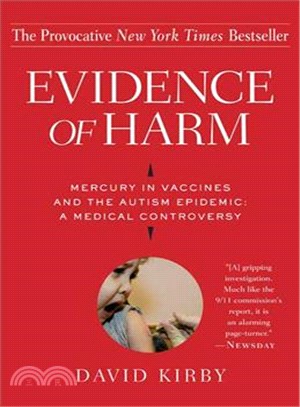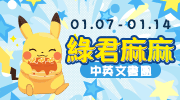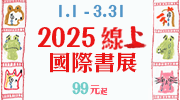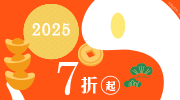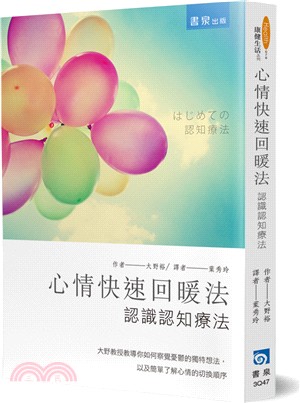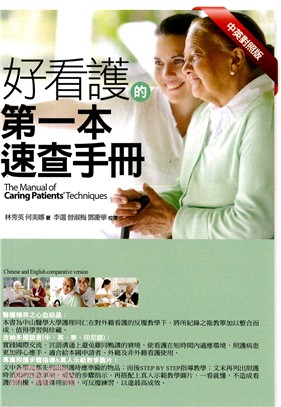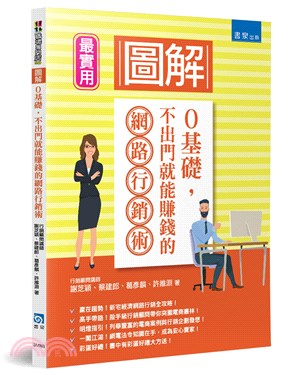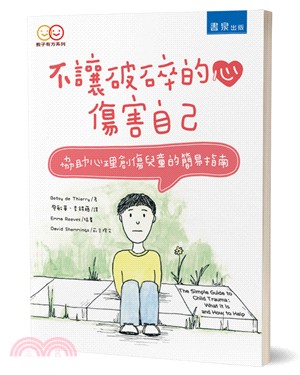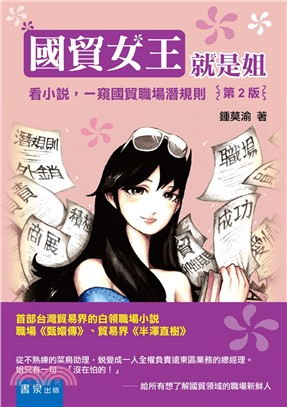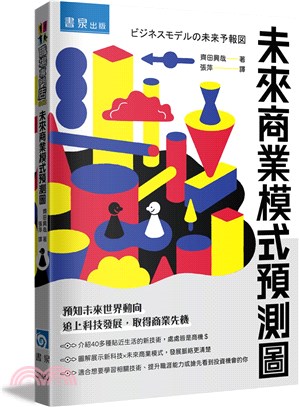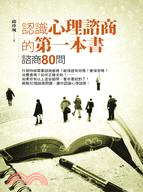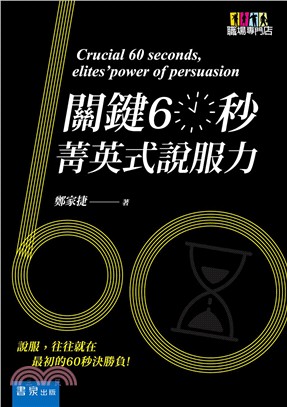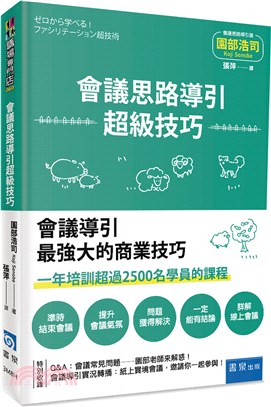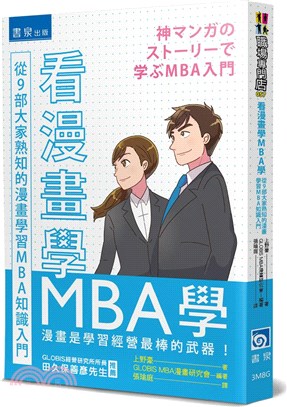Evidence of Harm: Mercury in Vaccines And the Autism Epidemic: a Medical Controversy
商品資訊
ISBN13:9780312326456
出版社:Griffin
作者:David Kirby
出版日:2006/02/21
裝訂:平裝
商品簡介
作者簡介
相關商品
商品簡介
In the 1990s reported autism cases among American children began spiking, from about 1 in 10,000 in 1987 to a shocking 1 in 166 today. This trend coincided with the addition of several new shots to the nation's already crowded vaccination schedule, grouped together and given soon after birth or in the early months of infancy. Most of these shots contained a little-known preservative called thimerosal, which includes a quantity of the toxin mercury. Evidence of Harm explores the heated controversy over what many parents, physicians, public officials, and educators have called an "epidemic" of afflicted children. Following several families, David Kirby traces their struggle to understand how and why their once-healthy kids rapidly descended into silence or disturbed behavior, often accompanied by severe physical illness. Alarmed by the levels of mercury in the vaccine schedule, these families sought answers from their doctors, from science, from pharmaceutical companies that manufacture vaccines, and finally from the Center for Disease Control and the Food and Drug Administration-to no avail. But as they dug deeper, the families also found powerful allies in Congress and in the small community of physicians and researchers who believe that the rise of autism and other disorders is linked to toxic levels of mercury that accumulate in the systems of some children. An important and troubling book, Evidence of Harm reveals both the public and unsung obstacles faced by desperate families who have been opposed by the combined power of the federal government, health agencies, and pharmaceutical giants. From closed meetings of the FDA, CDC, and drug companies, to the mysterious rider inserted into the 2002 Homeland Security Bill that would bar thimerosal litigation, to open hearings held by Congress, this book shows a medical establishment determined to deny "evidence of harm" that might be connected with thimerosal and mercury in vaccines. In the end, as research is beginning to demonstrate, the questions raised by these families have significant implications for all children, and for those entrusted to oversee our national health. David Kirby has been a contributor to The New York Times for eight years, where he writes articles about science and health, among other subjects. He lives in Brooklyn, New York. In the 1990s reported autism cases among American children began spiking, from about 1 in 10,000 in 1987 to a shocking 1 in 166 today. This trend coincided with the addition of several new shots to the nation's already crowded vaccination schedule, grouped together and given soon after birth or in the early months of infancy. Most of these shots contained a little-known preservative called thimerosal, which includes a quantity of the toxin mercury.
Evidence of Harm explores the heated controversy over what many parents, physicians, public officials, and educators have called an "epidemic" of afflicted children. Following several families, David Kirby traces their struggle to understand how and why their once-healthy kids rapidly descended into silence or disturbed behavior, often accompanied by severe physical illness. Alarmed by the levels of mercury in the vaccine schedule, these families sought answers from their doctors, from science, from pharmaceutical companies that manufacture vaccines, and finally from the Centers for Disease Control and Prevention and the Food and Drug Administration—to no avail. But as they dug deeper, the families also found powerful allies in Congress and in the small community of physicians and researchers who believe that the rise of autism and other disorders is linked to toxic levels of mercury that accumulate in the systems of some children.
Evidence of Harm reveals both the public and unsung obstacles faced by desperate families who have been opposed by the combined power of the federal government, health agencies, and pharmaceutical giants. From closed meetings of FDA, CDC, and drug companies, to the mysterious rider inserted into the 2002 Homeland Security Bill that would bar thimerosal litigation, to open hearings held by Congress, this book shows a medical establishment determined to deny "evidence of harm" that might be connected with thimerosal and mercury in vaccines. In the end, as research is beginning to demonstrate, the questions raised by these families have significant implications for all children and for those entrusted to oversee our national health. "Kirby does an admirable job of clarifying most of the scientific background. He makes the unassailable point that American health agencies lagged in calculating the amount of mercury being injected into babies."—The New York Times Book Review "Evidence of Harm is a gripping investigation. Much like the 9/11 commission's report, it is an alarming page-turner."—Newsday "Well-researched . . . This is an issue that will not go away."—Financial Times "Read this book! Could thimerosal, a mercury-containing preservative used in pediatric vaccines, be the cause of the world-wide epidemic of autism? David Kirby's superb, even-handed account of the investigation into this ongoing, high-stakes controversy is fascinating and compelling. The poignant personal accounts of the families of autistic children are heart-wrenching. A thoroughly researched, well written, and important book."—Bernard Rimland, director of the Autism Research Institute and founder of the Autism Society of America "The first serious journalistic account of a highly controversial topic, Kirby's book addresses the front-page question: has a mercury-containing preservative called thimerosal, commonly used in children's vaccines, caused a national epidemic of juvenile autism? Following the development of the debate through the eyes of a handful of impassioned parents who formed the political action group Safe Minds, Kirby, an experienced writer for the New York Times, crafts an engrossing David and Goliath story from this controversy, one in which the giant is an amalgamation of big government bureaucrats and corporate pharmaceutical lobbyists. Whether the association between thimerosal and autism is real remains to be seen, as Kirby points out. The evidence, presented here in excruciating detail but clouded by the parents' editorializing, is inconclusive but suggestive. Readers inclined to believe the parents' case will be convinced that there has been a big conspiracy; readers inclined to be skeptical will likely view the parents as self-serving proselytizers who spin each piece of evidence to suit their forgone conclusions. Walking the middle line, Kirby acknowledges that 'each side accuses the other of being irrational, overzealous, blind to evidence they find inconvenient, and subject to professional, financial, or emotional conflicts of interest that cloud their judgment' . . . [H]is book remains one of the most thoroughly researched accounts of the thimerosal controversy thus far. This is the book for medical professionals and concerned parents to read. It's accessible in its handling of medical topics and compelling in its recounting of the parents' fight to advance their agenda in the face of both political and scientific roadblocks."—Publishers Weekly (starred review)
Evidence of Harm explores the heated controversy over what many parents, physicians, public officials, and educators have called an "epidemic" of afflicted children. Following several families, David Kirby traces their struggle to understand how and why their once-healthy kids rapidly descended into silence or disturbed behavior, often accompanied by severe physical illness. Alarmed by the levels of mercury in the vaccine schedule, these families sought answers from their doctors, from science, from pharmaceutical companies that manufacture vaccines, and finally from the Centers for Disease Control and Prevention and the Food and Drug Administration—to no avail. But as they dug deeper, the families also found powerful allies in Congress and in the small community of physicians and researchers who believe that the rise of autism and other disorders is linked to toxic levels of mercury that accumulate in the systems of some children.
Evidence of Harm reveals both the public and unsung obstacles faced by desperate families who have been opposed by the combined power of the federal government, health agencies, and pharmaceutical giants. From closed meetings of FDA, CDC, and drug companies, to the mysterious rider inserted into the 2002 Homeland Security Bill that would bar thimerosal litigation, to open hearings held by Congress, this book shows a medical establishment determined to deny "evidence of harm" that might be connected with thimerosal and mercury in vaccines. In the end, as research is beginning to demonstrate, the questions raised by these families have significant implications for all children and for those entrusted to oversee our national health. "Kirby does an admirable job of clarifying most of the scientific background. He makes the unassailable point that American health agencies lagged in calculating the amount of mercury being injected into babies."—The New York Times Book Review "Evidence of Harm is a gripping investigation. Much like the 9/11 commission's report, it is an alarming page-turner."—Newsday "Well-researched . . . This is an issue that will not go away."—Financial Times "Read this book! Could thimerosal, a mercury-containing preservative used in pediatric vaccines, be the cause of the world-wide epidemic of autism? David Kirby's superb, even-handed account of the investigation into this ongoing, high-stakes controversy is fascinating and compelling. The poignant personal accounts of the families of autistic children are heart-wrenching. A thoroughly researched, well written, and important book."—Bernard Rimland, director of the Autism Research Institute and founder of the Autism Society of America "The first serious journalistic account of a highly controversial topic, Kirby's book addresses the front-page question: has a mercury-containing preservative called thimerosal, commonly used in children's vaccines, caused a national epidemic of juvenile autism? Following the development of the debate through the eyes of a handful of impassioned parents who formed the political action group Safe Minds, Kirby, an experienced writer for the New York Times, crafts an engrossing David and Goliath story from this controversy, one in which the giant is an amalgamation of big government bureaucrats and corporate pharmaceutical lobbyists. Whether the association between thimerosal and autism is real remains to be seen, as Kirby points out. The evidence, presented here in excruciating detail but clouded by the parents' editorializing, is inconclusive but suggestive. Readers inclined to believe the parents' case will be convinced that there has been a big conspiracy; readers inclined to be skeptical will likely view the parents as self-serving proselytizers who spin each piece of evidence to suit their forgone conclusions. Walking the middle line, Kirby acknowledges that 'each side accuses the other of being irrational, overzealous, blind to evidence they find inconvenient, and subject to professional, financial, or emotional conflicts of interest that cloud their judgment' . . . [H]is book remains one of the most thoroughly researched accounts of the thimerosal controversy thus far. This is the book for medical professionals and concerned parents to read. It's accessible in its handling of medical topics and compelling in its recounting of the parents' fight to advance their agenda in the face of both political and scientific roadblocks."—Publishers Weekly (starred review)
作者簡介
David Kirby has been a contributor to The New York Times for eight years, where he writes articles about science and health, among other subjects. He lives in Brooklyn, New York.
主題書展
更多
主題書展
更多書展今日66折
您曾經瀏覽過的商品
購物須知
外文書商品之書封,為出版社提供之樣本。實際出貨商品,以出版社所提供之現有版本為主。部份書籍,因出版社供應狀況特殊,匯率將依實際狀況做調整。
無庫存之商品,在您完成訂單程序之後,將以空運的方式為你下單調貨。為了縮短等待的時間,建議您將外文書與其他商品分開下單,以獲得最快的取貨速度,平均調貨時間為1~2個月。
為了保護您的權益,「三民網路書店」提供會員七日商品鑑賞期(收到商品為起始日)。
若要辦理退貨,請在商品鑑賞期內寄回,且商品必須是全新狀態與完整包裝(商品、附件、發票、隨貨贈品等)否則恕不接受退貨。



